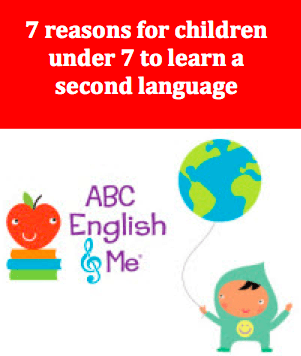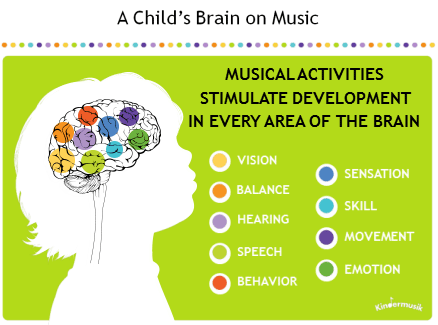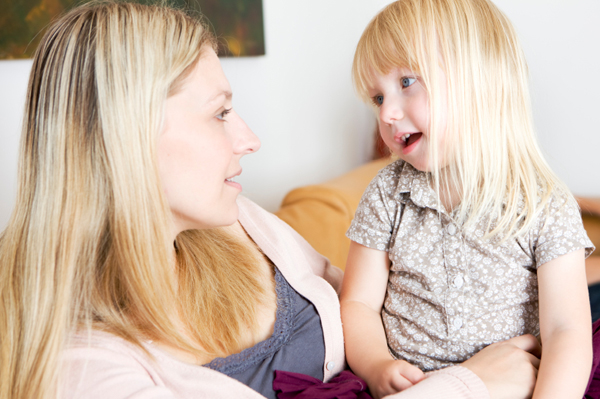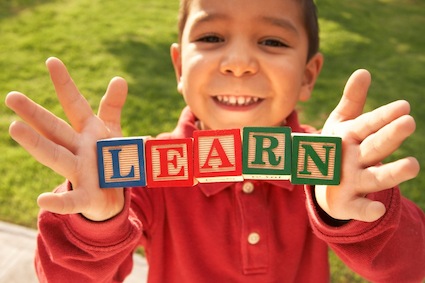Je suis. Tu es. Il est. Nous sommes. If you studied a second language in high school or college, you probably know all about conjugating verbs. As teenagers or adults, learning the grammar rules of another language often form the foundation for second-language learning. However, teaching a second language to children looks completely different. After all, children under the age of 7 can’t read or write. However, young children are uniquely suited to learn another language. Here’s why:
7 reasons for children under 7 to learn another language
- Learning a second language under the age of 7 is cognitively as easy as learning a first language. Young children learn languages by listening to the sounds, structures, and intonation patterns around them. So young ELL students learn English the same way they learn their first language.
- Young English language learners learn to speak like a native speaker, without an accent.

- Teaching English as a second language positively impacts the cognitive development in children. According to research, children who learn a second language experience better critical-thinking skills, enhanced spatial relations, and increased creativity when compared to their monolingual peers.
- Acquiring second-language fluency prepares children to live and work in a global society.
- Young English language learners experience a boost in the language and literacy abilities of their first language, including vocabulary development. Added bonus: this advantage continues to broaden as children grow older.
- Children who learn a second language exhibit enhanced attention skills when compared to monolingual peers.
- Learning a second language at an early age increases children’s confidence and teaches them to love learning.
ESL curriculum uses English songs for kids (and more!)
Our ESL curriculum builds on our more than 35 years of teaching young children. Through English songs for kids, story time, movement activities, and puppets, young ELL students learn English in a fun and engaging environment using research-proven methods. Plus, enrollment includes access to Kindermusik@Home where parents can support the English language learning at home where a child can continue to naturally acquire language skills.
 Try this sample Kindermusik@Home activity. The Just Me! music video incorporates a multi-sensory teaching approach to support visual, auditory, and tactile learning.
Try this sample Kindermusik@Home activity. The Just Me! music video incorporates a multi-sensory teaching approach to support visual, auditory, and tactile learning.
Learn more about Kindermusik’s English Language Learning curriculum, ABC English & Me.
Contributed by Lisa Camino Rowell, a freelance writer in the Atlanta area.



 We rock out in our early childhood music classes—literally and figuratively. From our
We rock out in our early childhood music classes—literally and figuratively. From our 






